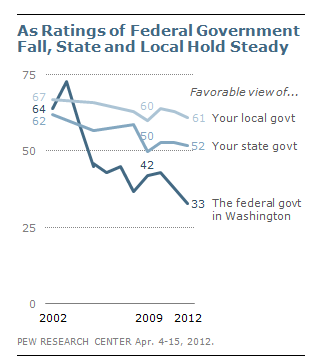Driving home from the store, a story came on about how Facts have died. So I googled it. Rex Huppke, a Chicago Tribune reporter wrote the story,
Leading with a headline:
Facts, 360 B.C.-A.D. 2012
In memoriam: After years of health problems, Facts has finally died.
April 19, 2012 By Rex W. Huppke, Chicago Tribune reporter
He wrote:
“To the shock of most sentient beings, Facts died Wednesday, April 18, after a long battle for relevancy with the 24-hour news cycle, blogs and the Internet. Though few expected Facts to pull out of its years-long downward spiral, the official cause of death was from injuries suffered last week when Florida Republican Rep. Allen West steadfastly declared that as many as 81 of his fellow members of the U.S. House of Representatives are communists….
Facts is survived by two brothers, Rumor and Innuendo, and a sister, Emphatic Assertion. Services are alleged to be private. In lieu of flowers, the family requests that mourners make a donation to their favorite super PAC.”
Article can be found at: Facts is Dead
Continue reading »

